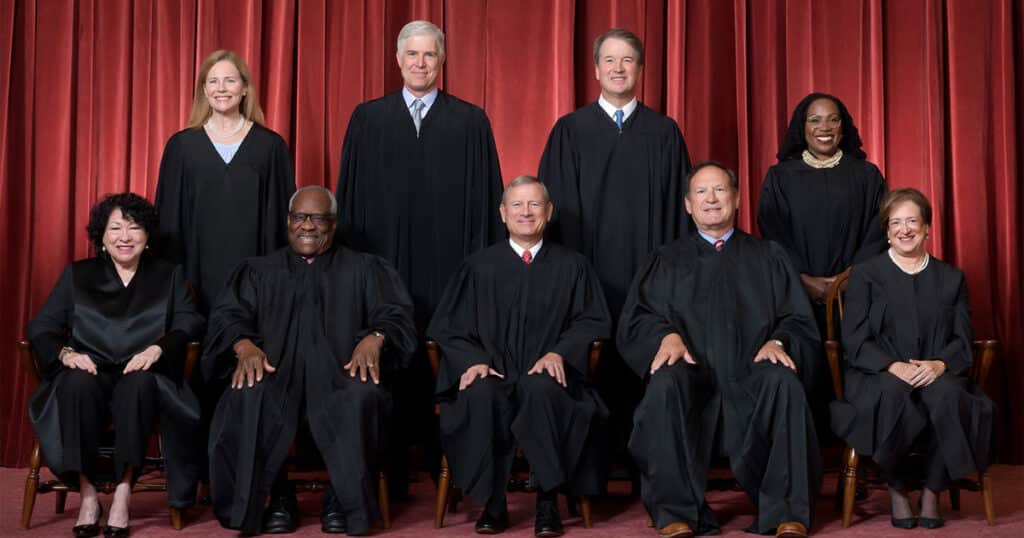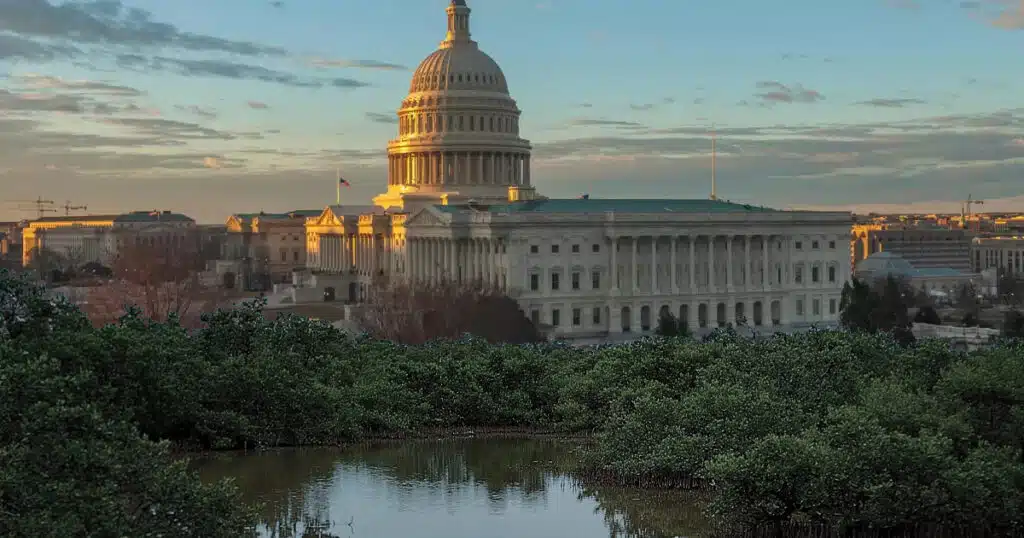
Supreme Court rules on Planned Parenthood Medicaid coverage, others
The U.S. Supreme Court handed down four more rulings Thursday, including a 6-3 decision solidifying states’ right to block abortion services from receiving Medicaid funding.
The justices also gave opinions on challenging a deportation ruling, DNA testing in a capital murder case and interpretation of the First Step Act.
Medicaid abortion coverage
Medina v. Planned Parenthood South Atlantic
6-3 ruling
The nation’s top court voted along ideological lines to support South Carolina’s 2018 decision prohibiting abortion clinics from receiving reimbursement under Medicaid.
A South Carolina Planned Parenthood sued the state alongside a patient, saying the ban infringed upon the patient’s right to choose her medical provider.
Writing for the majority, Justice Neil Gorsuch argued that the power to decide who is deemed an eligible medical provider under a state’s Medicaid program should lie with the states.
This power “belongs to the people’s elected representatives, not unelected judges charged with applying the law as they find it,” Gorsuch wrote.
The court’s decision lays the groundwork for other states to follow suit in defunding Planned Parenthood under their respective Medicaid programs.
Illinois Planned Parenthood Interim President Tonya Tucker responded to Thursday’s ruling, saying it “sets a troubling precedent that extends far beyond South Carolina.”
Deportation challenge
5-4 ruling
The Supreme Court ordered, in a 5-4 decision, for a lower court to reconsider its decision denying a man’s deportation challenge due to threats of violence in his home country.
One immigration judge initially granted the man relief, while another ordered for him to be deported to Jamaica. His appeal of the decision was blocked by a circuit court because he did not appeal in the 30-day deadline.
However, the 30-day deadline from his original ruling to stay in the country had passed by the time a separate court ruled he should be deported. Since he did not file within 30 days of the original ruling, a circuit court dismissed his case.
Justice Samuel Alito’s opinion primarily took issue with the lower court’s reversal of the man’s deportation appeal on claims that the case was jurisdictional, because of the 30-day window for appeal of a deportation case.
“Courts should treat a ‘statutory limitation’ as jurisdictional only if Congress ‘clearly states’ that the provision has jurisdictional consequences,” Alito wrote. “Our cases have almost uniformly found that the provisions at issue failed to meet this very demanding test,” he added.
The court’s instruction in the matter means the 30-day deadline can be subject to certain circumstances, including if a plaintiff is not able to file an appeal in time.
DNA testing in murder trial
6-3 ruling
The Supreme Court backed a man on death row in Texas on Thursday, ruling that a lawsuit over DNA testing can proceed.
The court overturned a lower court’s opinion that Ruben Gutierrez cannot sue a district attorney after his request for DNA testing pertaining to his 1998 murder case was denied. Gutierrez maintains that this testing will prove his innocence.
Justice Sonia Sotomayor defended Gutierrez’s right to challenge the district attorney under the Constitution’s right to due process in the court’s majority opinion.
First Step Act provision
5-4 ruling
In a ruling largely dependent on interpreting grammar, the justices ruled in favor of criminal defendants seeking a sentence reduction under the First Step Act.
The court was tasked with determining if the law’s mandatory-minimum sentence provision applies to a defendant who was initially sentenced before the law was adopted but then whose sentence was vacated, resulting in a resentence taking place after the law’s enactment.
Justice Ketanji Brown Jackson upheld the First Step Act sentencing in the majority opinion.
What’s coming next?
The justices are pushing to clear their docket before the scheduled summer recess. They will release all six of the remaining decisions Friday morning.
The most notable of these cases involves President Donald Trump’s Jan. 20 executive order ending birthright citizenship. The court will decide if federal district judges have the authority to block implementation of Trump’s ruling across the country through what is known as a “nationwide injunction.”



